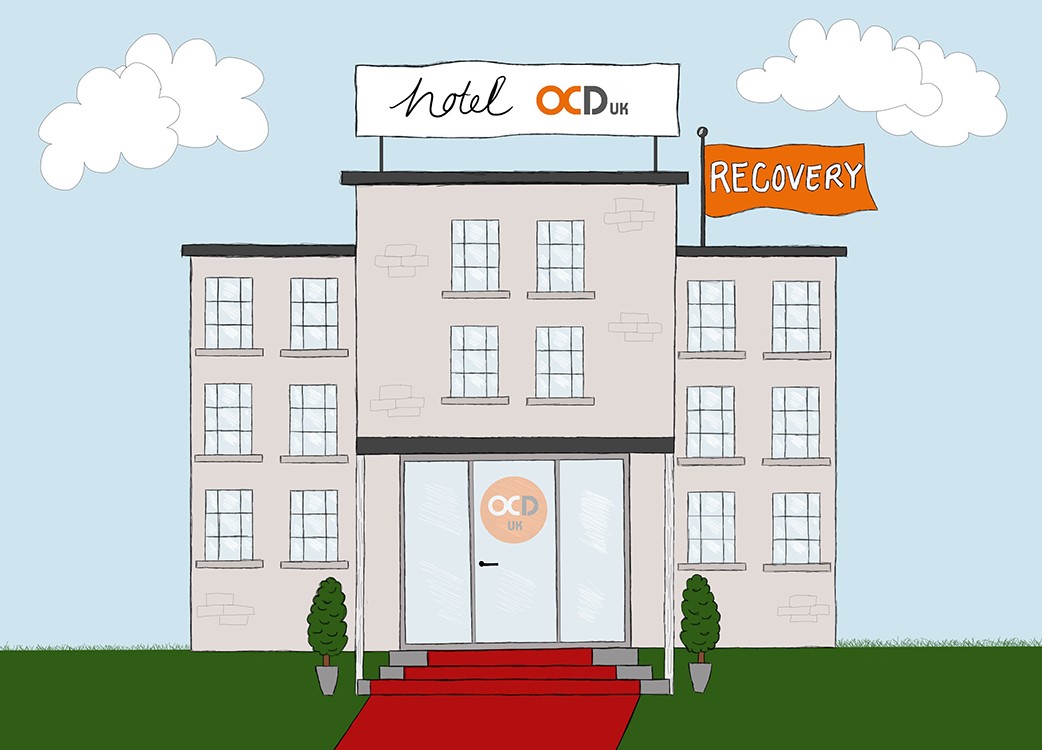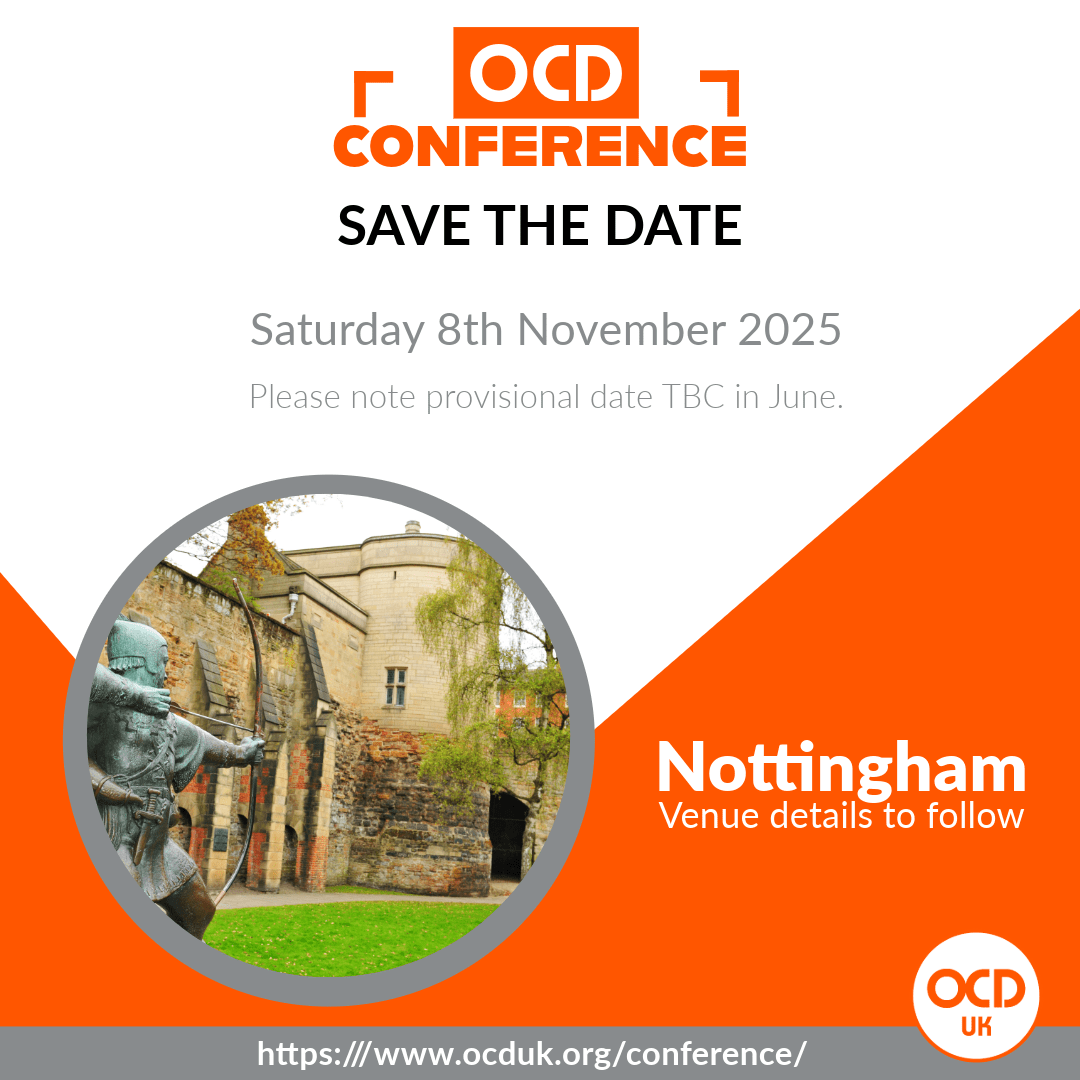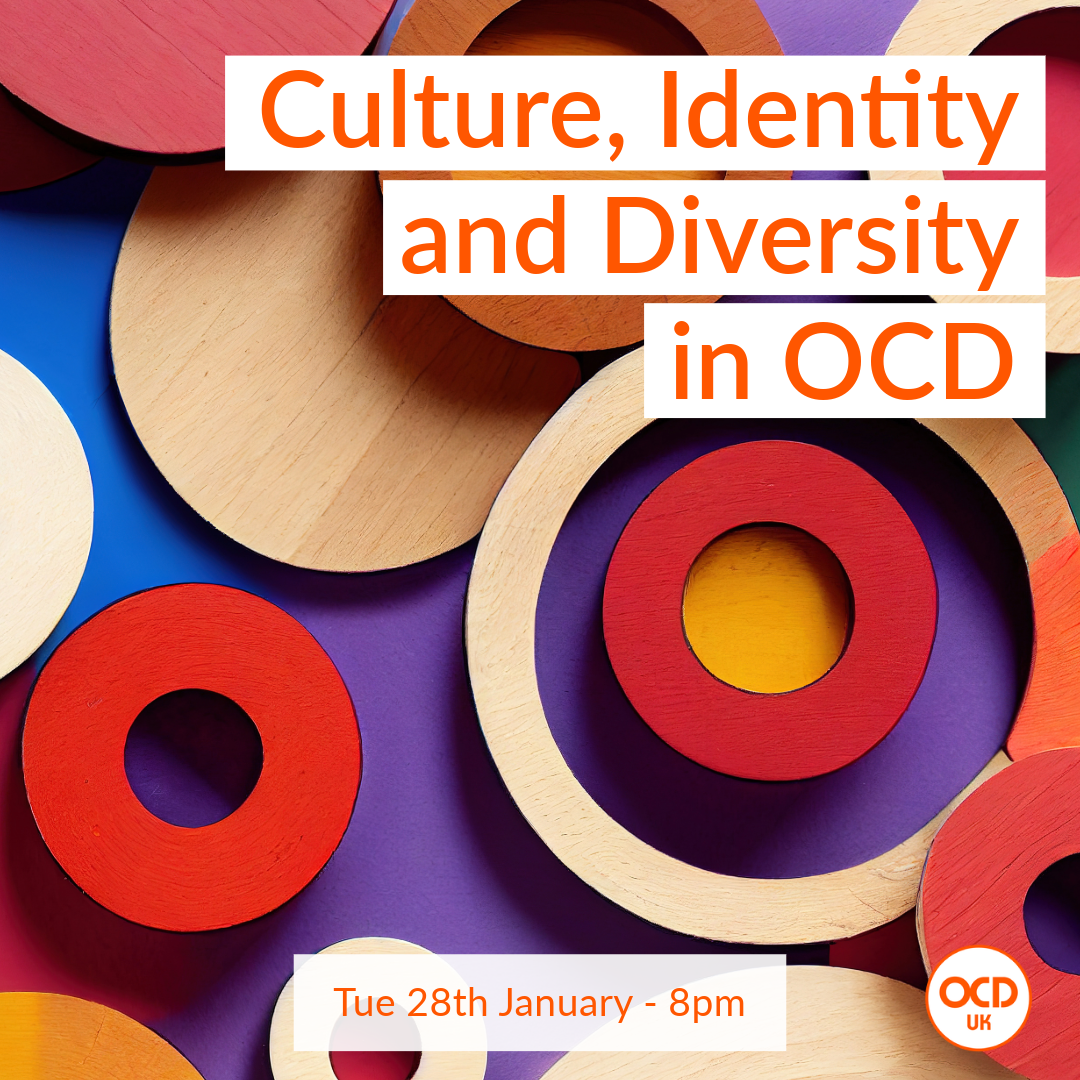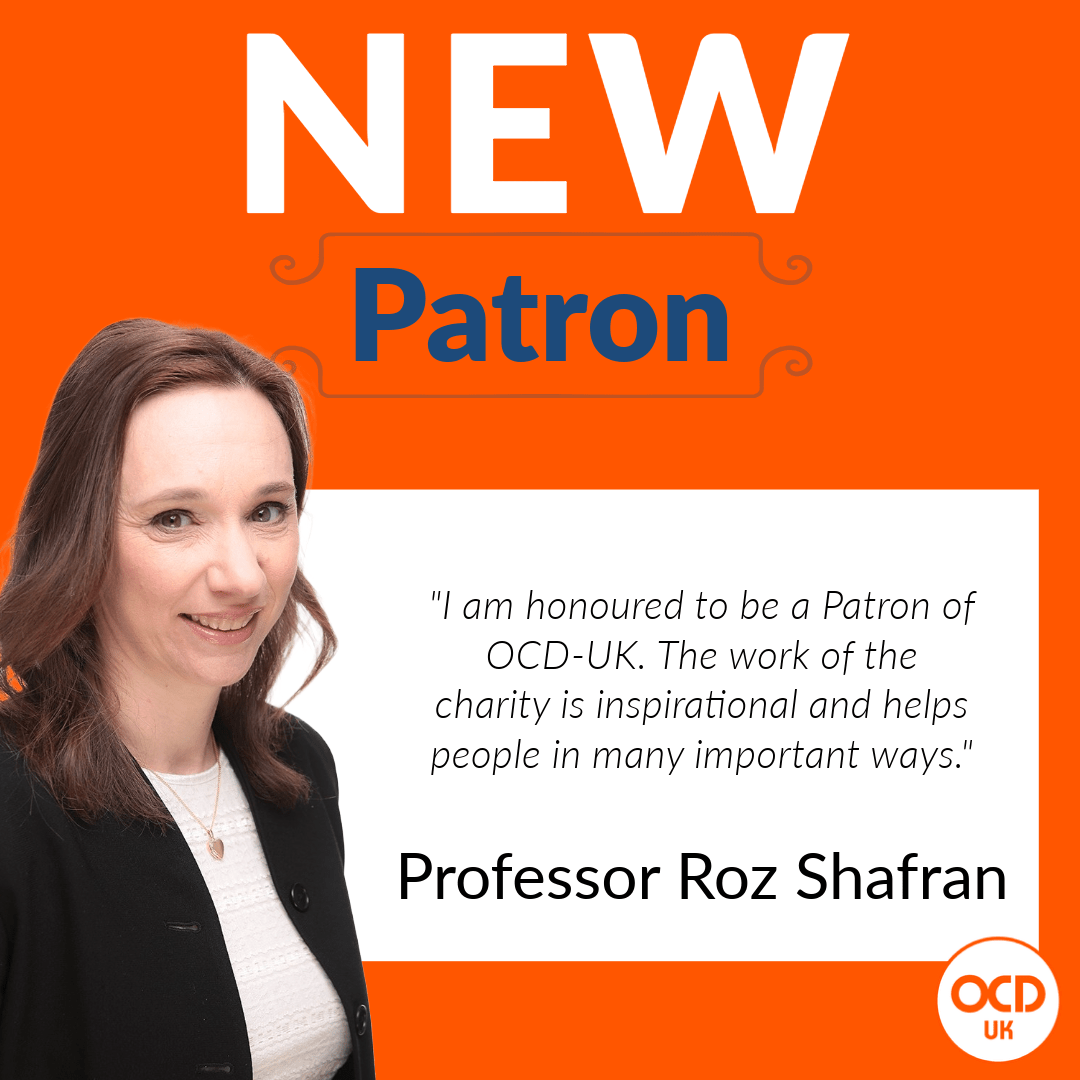2021 Virtual OCD-UK Conference - Welcome to Hotel OCD-UK, flying the flag for recovery!
Making sense of uncertainty in obsessive-compulsive and body dysmorphic disorders
Presentation subject
Our understanding of obsessive-compulsive disorder and body dysmorphic disorder has evolved over the years and so have the treatments. However, over the last decade or more, there has been a shift in our understanding of anxiety disorders and indeed OCD and eating disorders in that we may have overlooked the role of uncertainty both in our understanding and our treatments.
Most of our treatments are based on trying to address the anxiety associated with “the worst that could happen” and in many cases this can be an effective basis for treatment. But in some cases, things get in the way of people engaging in what could be effective treatments.
Recent developments, and indeed our own research at Newcastle, is increasingly highlighting the role of “not knowing what will happen” across anxiety disorders, OCD, eating disorders and now BDD as well the role of “the worst that could happen”.
This presentation will address how these new developments inform current approaches to treatment, but also start to think about how to add to or update existing approaches. While we are still in the early days of how best to integrate this new understanding with existing treatments, we will offer some ideas about what to now. For example, in everyday life, people can start to distinguish between situations where emotional and bodily signals mean “I just don’t know, and I need to wait and see” versus those that mean “there is definitely something wrong/dangerous here, and I need to do something right now”. We call this approach, “Making friends with uncertainty”.
Importantly, this means engaging with all aspects of life, not just those affected by OCD or BDD concerns. It offers opportunities for a “larger life” that moves slowly and progressively beyond what may currently be a life restricted by fear, anxiety, guilt and shame. In the short term it does not target the areas of most OCD/BDD concern, but we believe that making friends with uncertainty in other areas in can enrich people’s lives. In and of itself this is can be a positive change, and help people build the energy and drive to tackle these really difficult mental health problems. In the medium term it can also help people start to see that some of their OCD or BDD concerns may actually be about “not knowing” which is uncomfortable, rather then about “the worst” which is understandably scary. Importantly, “not knowing” does not need something to be done right now… so, learning to recognize uncertainty for what it is, means that people don’t feel the same need to act right now as if “the worst were about to happen”. We believe these approaches can work in different ways and can complement and add to existing treatments.
The basis of my work for almost thirty years in Quebec and Newcastle has been the understanding and treatment of anxiety disorders from a CBT standpoint. Particular interests are Obsessive Compulsive Disorder and Generalized Anxiety Disorder.
Interestingly, the main approaches have led to multidimensional models and our treatments have been multi-component packages. With the emergence of transdiagnostic approaches and models, there is a natural extension of this work to separation anxiety disorder, psychosis, eating disorders, body-focused repetitive behaviours, and body-dysmorphic disorder. One such transdiagnostic process is intolerance of uncertainty (IU), a construct I was first working with in the early nineties. Specifically, we are interested how IU may operate within various populations in a way that can help explain some well-known shared and differential features of these disorders and, importantly, why some people find uncertainty so aversive.
We are also testing single-strand treatments targeting IU in both individual and group settings. From working within clinical settings and the university, together with my numerous clinical, academic, and student collaborators, we have the opportunity to inform the research from clinical observation, develop and test models in various ways, develop and test treatments, and base training in CBT on all of these strands.
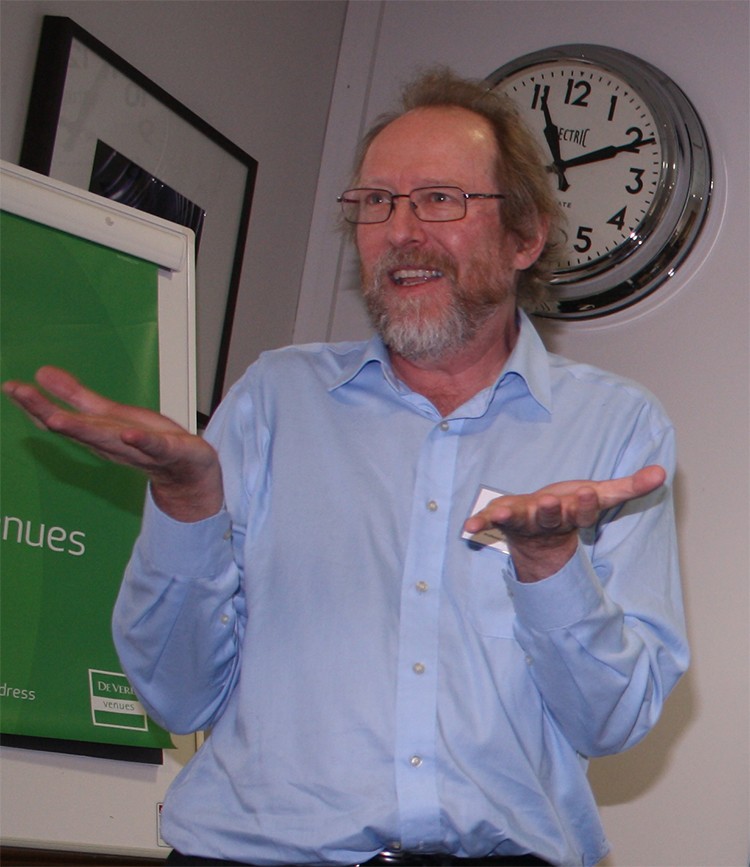
If you do find this presentation helpful, please consider making a small donation to help cover our platform costs.
"Hi, I'm Olive and I'm here to help."
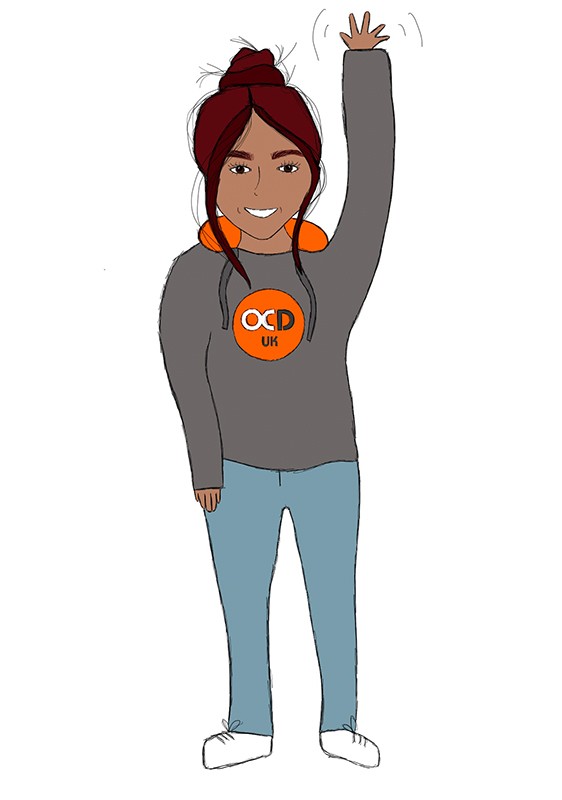
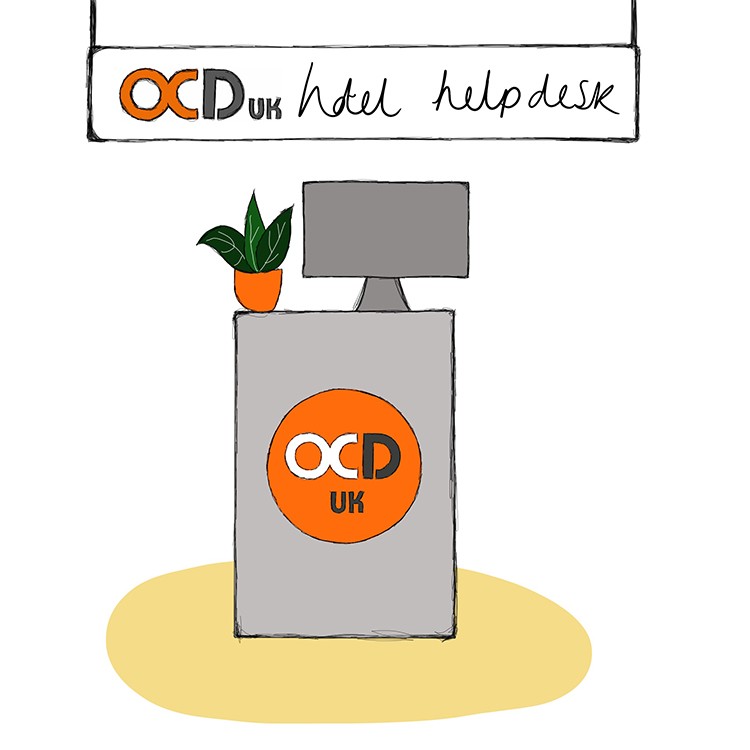
The OCD-UK Diversity and Inclusion Charter
Irrespective of disability, gender, country of origin, race, religion or sexual orientation, everybody is welcomed and respected equally when using, attending and contributing to the OCD-UK online conference and support groups.
Data Policy
By registering for one of our conference presentations you do so accepting our data policy on the sharing of data between Zoom (our provider of meeting services) and OCD-UK. We take your supplied registration data (name and email address) from zoom and store securely. OCD-UK will store your data for up to 12 month but can be removed upon request prior to that. Your data will not be used by OCD-UK for any other marketing purposes other than sending information about the conference presentations you register for and inviting feedback about these presentations. Click here to view our full data and privacy policy.

